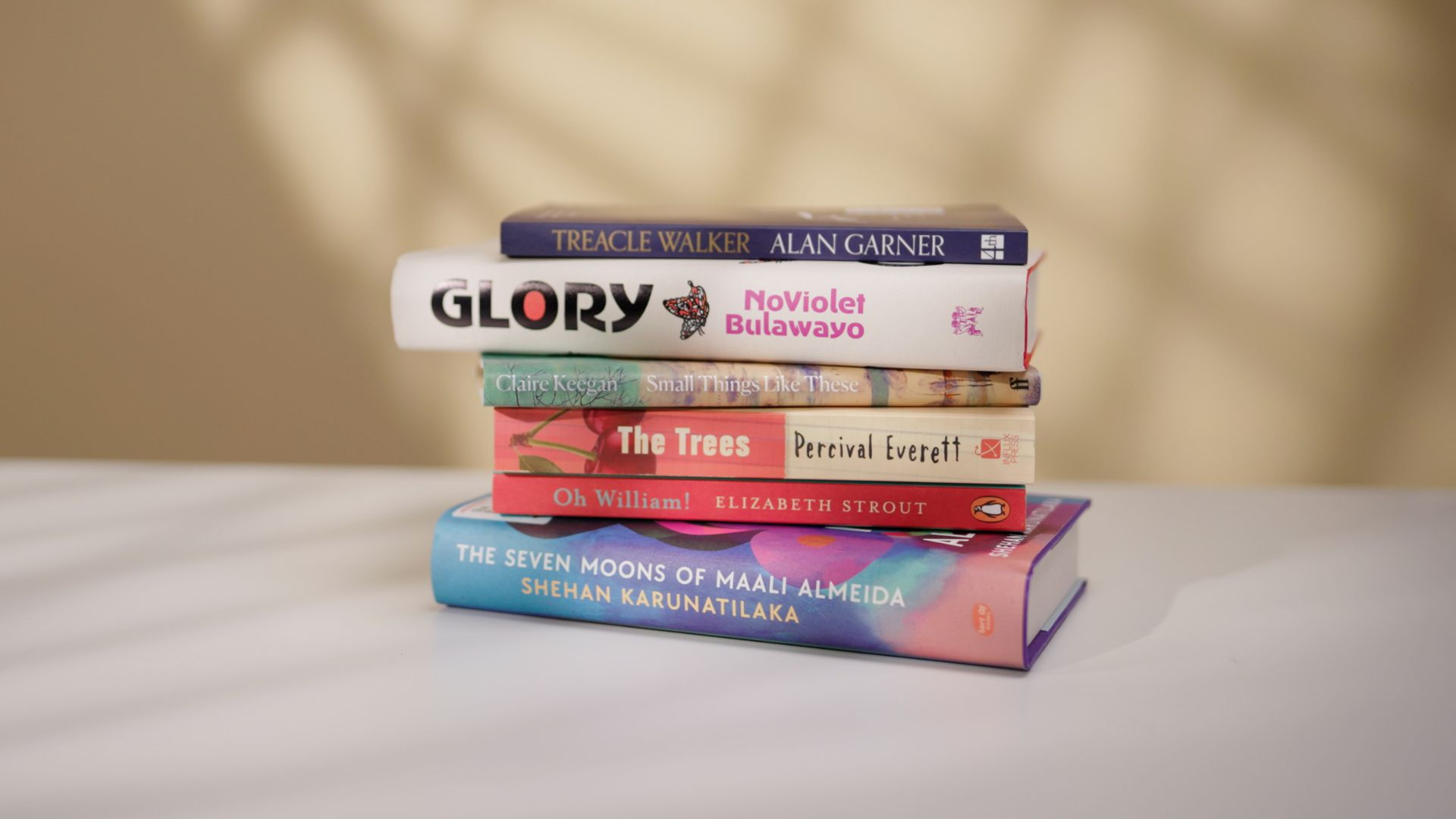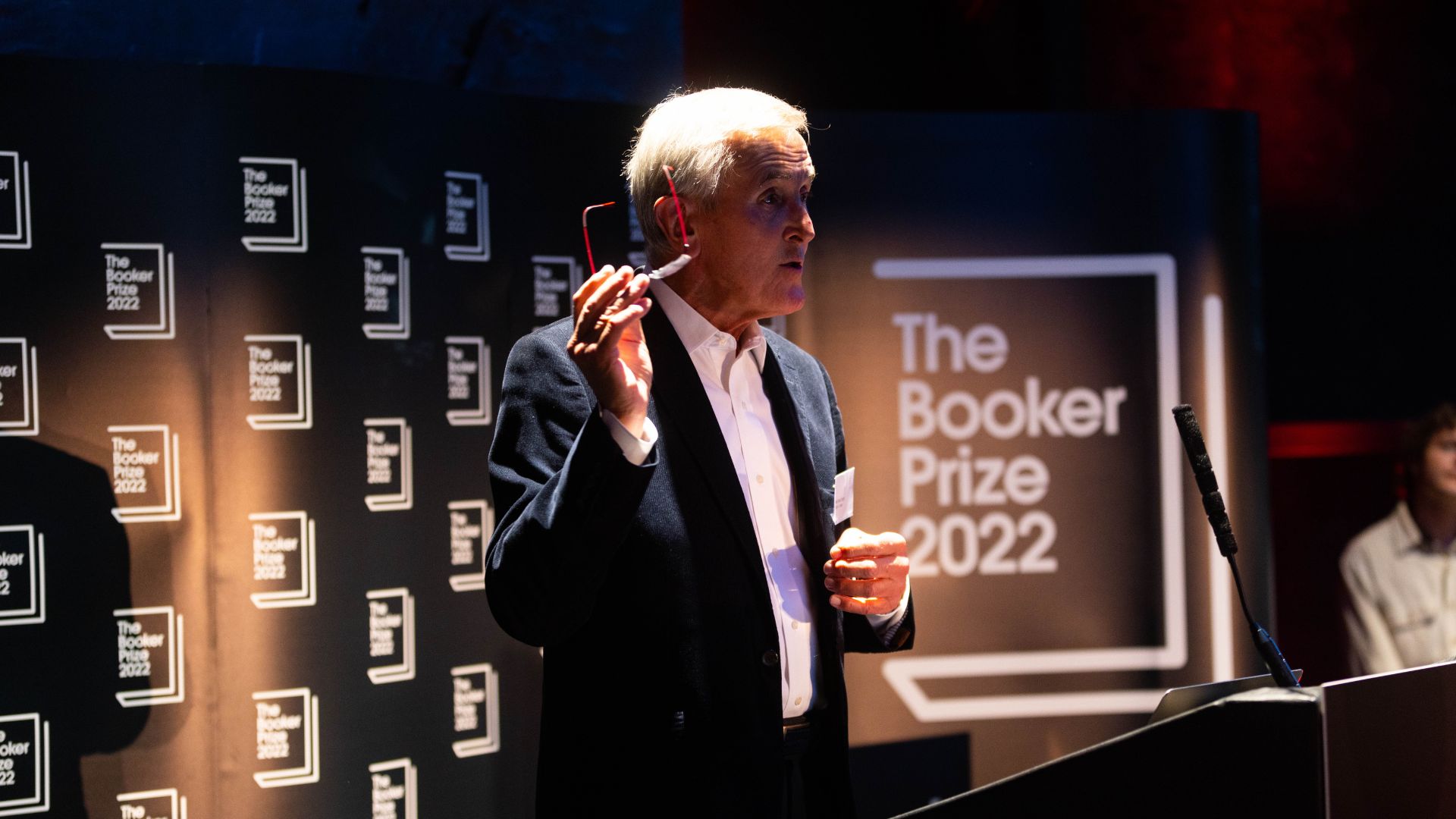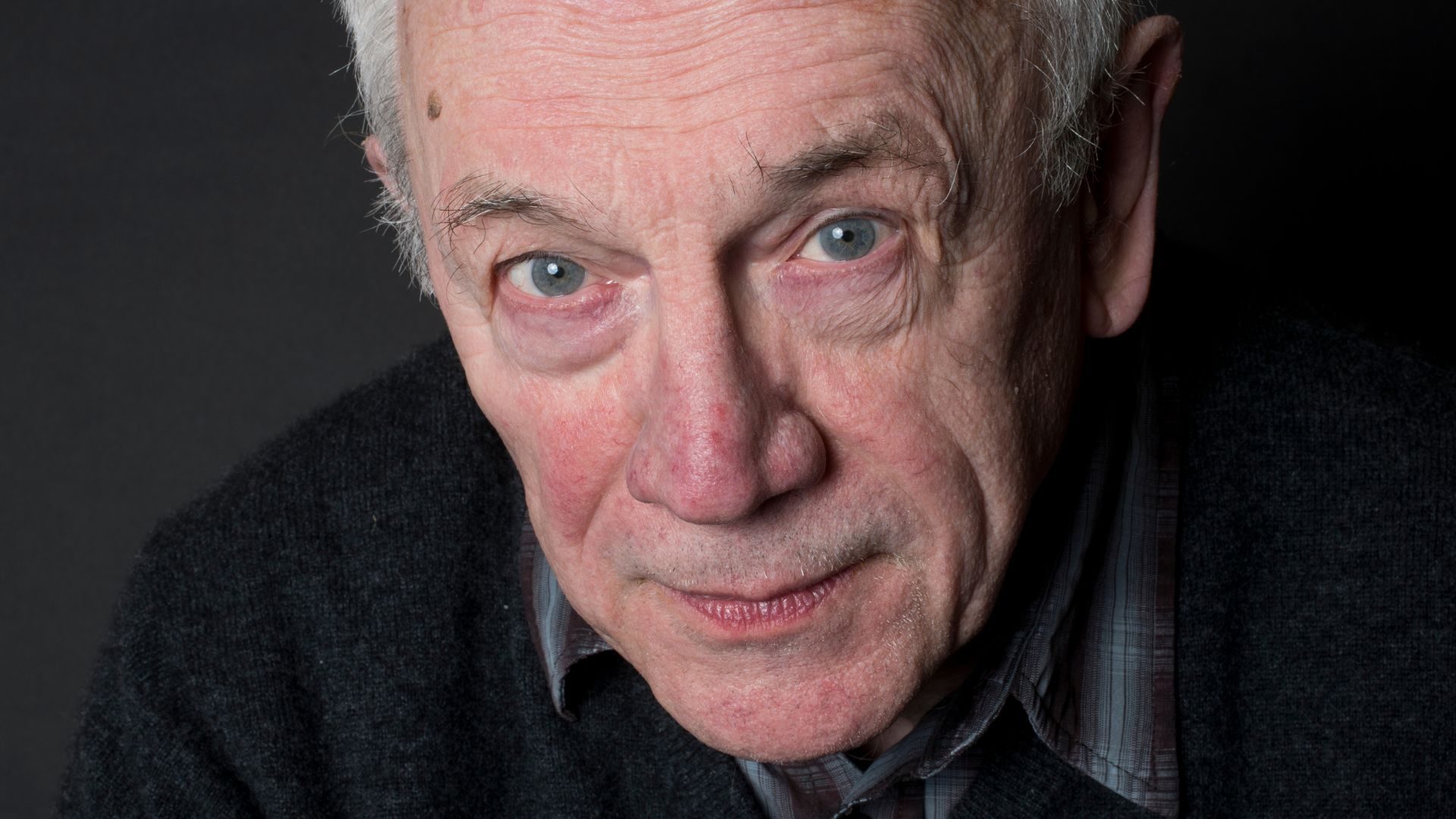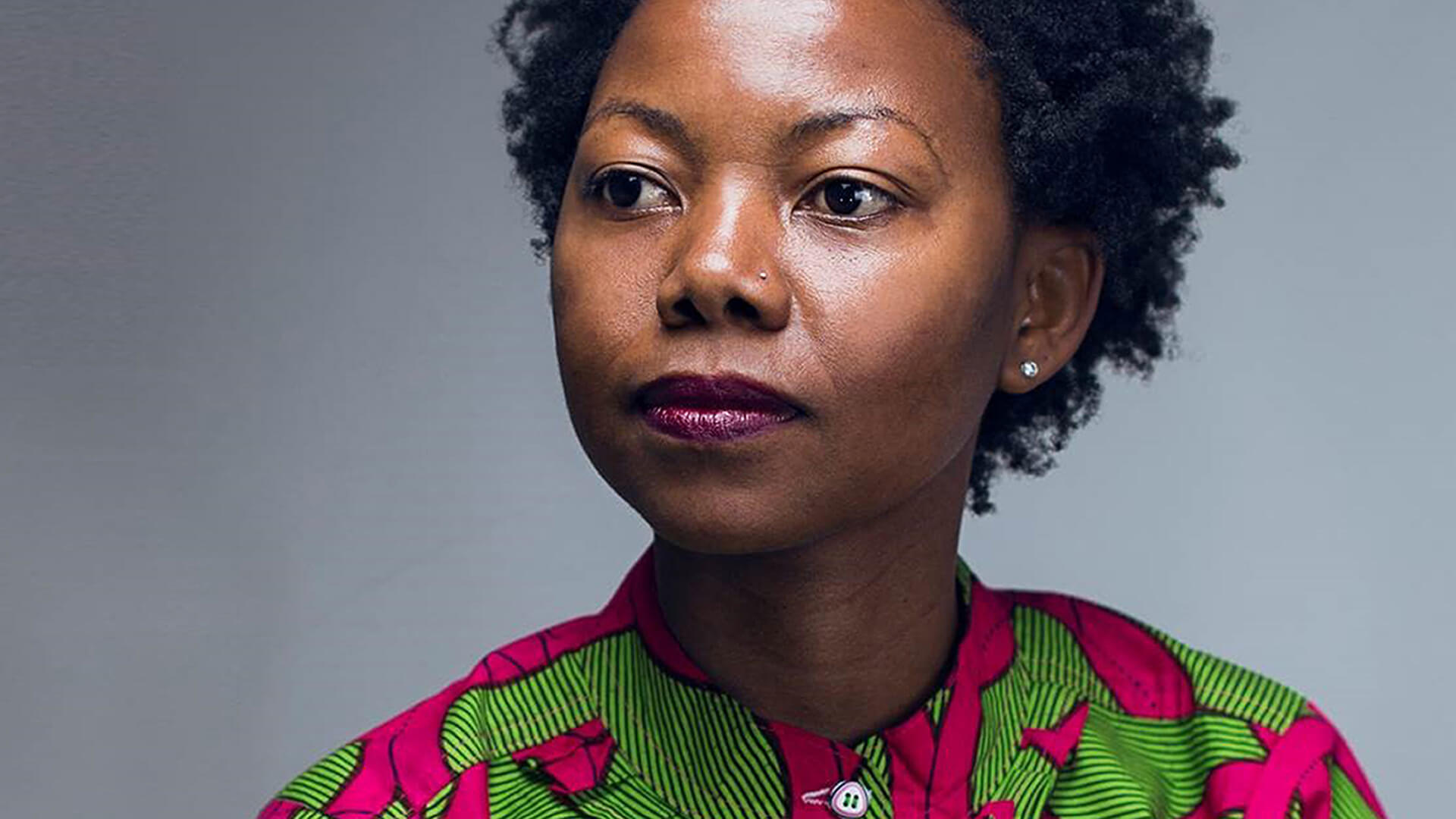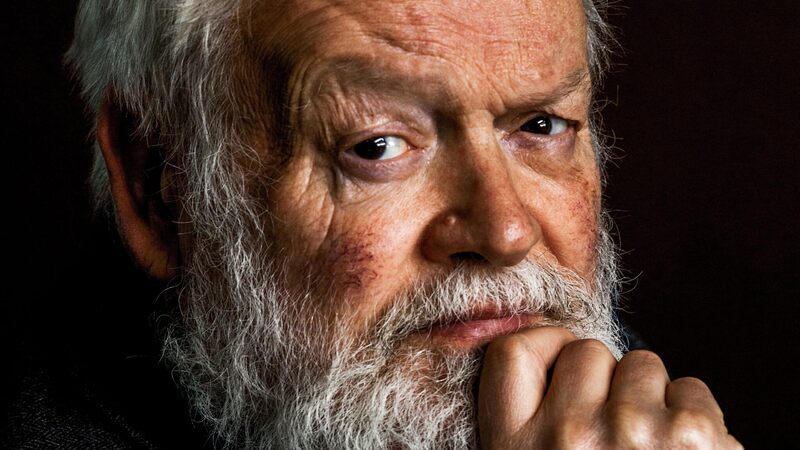You are viewing your 1 free article this month. Login to read more articles.
Garner, Bulawayo and Strout on Booker shortlist
NoViolet Bulawayo, Percival Everett, Alan Garner, Shehan Karunatilaka, Claire Keegan and Elizabeth Strout have been shortlisted for the 2022 Booker Prize.
This year’s finalists for the £50,000 award were revealed by literary director Gaby Wood and chair of the judges Neil MacGregor at a live event at the Serpentine Pavilion in London.
The six shortlisted authors represent five different nationalities and four continents, with an equal split of men and women; Garner is the only Brit on the list, which also includes Irish writer Keegan, Americans Everett and Strout, Zimbabwean author Bulawayo and Sri Lankan writer Karunatilaka.
Half of the list is published by independent publishers, including first time appearances from small outfits Influx Press and Sort of Books.
Judges noted that the majority of the shortlist is inspired by real events, from the Sri Lankan civil war and the fall of Mugabe to the Magdalene laundries scandal and the murder of Emmett Till. It is also marked by short novels. Keegan’s Small Things Like These (Faber) is the shortest book by page numbers to be recognised in the prize’s history, at 116 pages — although Garner’s Treacle Walker (Fourth Estate) is in fact the shorter by word count.
Bulawayo makes her second shortlist appearance with Glory (Chatto & Windus), following We Need New Names (Vintage) in 2013.
There are no debuts on this year’s shortlist, which is more focused on well-established names, including Strout who was previously longlisted for My Name is Lucy Barton (Viking) in 2016 and Garner, who is the oldest author to ever be shortlisted, and will celebrate his 88th birthday on the night of the winner ceremony.
Bulawayo’s Glory is set in a fictional country of animals who were colonised and ruled by a tyrannical and absolute power. After they were liberated, their new leader also refused to let go of power. This year’s judging panel, which includes academic and broadcaster Shahidha Bari; historian Helen Castor; novelist and critic M John Harrison; and novelist, poet and professor Alain Mabanckou, likened Bulawayo’s work to George Orwell’s Animal Farm. They praised the novel as “a magical crossing of the African continent in its political excesses and its wacky characters”, noting “here the fable is never far from the reality”.
Everett’s The Trees (Influx Press) was also nominated. It follows a series of murders in rural Mississippi which echo harrowing events from 65 years ago. Judges described it as “part southern noir, part something else entirely” commending the work as “a dance of death with jokes — horrifying and howlingly funny — that asks questions about history and justice and allows not a single easy answer”.
Judges also chose Garner’s Treacle Water, which explores the unlikely friendship between an introspective young boy and a wandering healer who appears off the moor one day. Judges said: “It’s a mysterious, beautifully written and affecting glimpse into the deep work of being human. Alan Garner’s stories always draw you relentlessly into their echoing metaphysical and emotional space: this one made some of us cry.”
In the running is Karunatilaka’s The Seven Moons of Maali Almeida (Sort of Books), which follows the titular protagonist’s afterlife quest to find out who murdered him. It is described by the panel as “a Sri Lankan whodunit and a race against time”. “Seven Moons is full of ghosts, gags and a deep humanity”, they said.
There is also a nod for Keegan’s Small Things Like These (Faber). It is set in 1985 in an Irish town and follows a coal and timber merchant confronted by the past. Judges said: “Keegan is measured and merciless as she dissects the silent acquiescence of a 1980s Irish town in the Church’s cruel treatment of unmarried mothers— and the cost of one man’s moral courage.”
Completing the list is Barton’s Oh William! (Viking) which begins with a chance encounter which reunites newly widowed Lucy Barton with her first husband. It was praised as “one of those quietly radiant books that finds the deepest mysteries in the simplest things”.
The judges said: “Strout’s gentle reflections on marriage, family, love and loneliness are utterly piercing.”
Speaking about the shortlist, MacGregor said: “These six books we believe speak powerfully about important things. Set in different places at different times, they are all about events that in some measure happen everywhere, and concern us all. Each written in English, they demonstrate what an abundance of Englishes there are, how many distinct worlds, real and imaginary, exist in that simple-seeming space, the Anglosphere.
“Two — Oh, William! and Treacle Walker — are about the inner life, as a young boy and a middle-aged woman, in their particular ways, come to a new understanding of who they are and what they might become. The other four books address long national histories of cruelty and injustice, in Sri Lanka and Ireland, Zimbabwe and the United States, and in each case the enduring historical tensions provide the dilemmas in which the characters, like their societies, are put on the rack.
“In every one, the author uses language not only to tell us what happens, but to create a world which we, outsiders, can enter and inhabit — and not merely by using words from local languages or dialects. NoViolet Bulawayo’s incantatory repetitions induct us all into a Zimbabwean community of memory and expectation, just as Alan Garner’s shamanic obliquities conjure a realm that reason alone could never access. Percival Everett and Shehan Karunatilaka spin fantastical verbal webs of Gothic horror — and humour — that could not be further removed from the hypnotic, hallucinatory clarity of Claire Keegan’s and Elizabeth Strout’s pared-down prose. Most important, all affirm the importance and the power of finding and sharing the truth.”
Gaby Wood, director of the Booker Prize Foundation, added: “When this year’s Booker Prize judges sat down to decide on their shortlist, every one of the 13 books on their longlist remained in such strong contention that they knew the meeting was likely to last all day. And indeed it did. This was not a day of arguments but of re-readings, re-configurations, relish.
“The shortlist that eventually emerged shows great geographical breadth as well as linguistic and conceptual agility. Together, these six novels look at history and at the lives of individuals with wit, courage and rage, allowing us to see the world through many sets of supremely perceptive eyes.”
When asked about there being only one Brit on the shortlist during a press conference earlier in the day, MacGregor said: “This is English literature from the whole world, and the whole world writing in English, I don’t know how many books you would expect from Britain.”
Castor emphasised the “huge variety” of books read, and how “difficult” it was to make decisions “all the way along” while Bari said “one of the most delightful things is to be one moment in an English folk landscape, and the next in the chaos of the Sri Lankan war or in the Southern Gothic American world. That’s the delight of the Booker, and I think the shortlist proves that.”
Wood and the panel were also quizzed on whether any of the shortlisted books had been “called in”, whereby a publisher may provide a list of up to five titles for consideration, in addition to the main submission(s), accompanied by a justification from the editor. Wood revealed Garner’s book had been called in this year. She added: “In the past, in recent years, up to a third of the shortlist has been called in so it does actually tell you something about how the judges make their own decisions and it’s not always what the publishers think.”
Reacting to the shortlist, The Bookseller’s books editor Alice O’Keeffe said: “It’s wonderful to see Alan Garner’s stripped-clean tale of myth and magic, Treacle Walker, on the shortlist. The author will be celebrating his 88th birthday on the night of the Booker Prize ceremony, and what a birthday present a win would be. He is likely to be the favourite I think.
“Claire Keegan’s Small Things Like These is another short novel whose power lies in its economy, a small masterpiece about a man’s slow realisation of the hidden abuse that is taking place in his rural Irish community. I’m just about to start NoViolet Bulawayo’s Glory, which the judges have likened to Orwell’s Animal Farm.
“All these novels are from major publishers, and so supported by mighty marketing and publicity departments, so it is cheering to see two small indies have space at the table too – Influx Press with The Trees by Percival Everett and Sort Of Books with The Seven Moons of Maali Almeida by Shehan Karunatilaka. Concluding the list is Elizabeth Strout’s Oh William!, which was a Book Of The Month choice for me. The judges have a tricky decision ahead!”
Bea Carvalho, Waterstones head of fiction, agreed: “The judges have chosen a shortlist of astonishing literary experience and prestige, with nominees who booksellers have enjoyed championing for many years. We’re thrilled that these excellent novelists are getting such well-deserved recognition, and look forward to sharing their brilliant works with many new readers as a result of this new accolade. We are delighted that the Booker judges have chosen such a commercially strong and wide-reaching selection and can’t wait to see what they choose as 2022’s winner.”
Indie bookshops are also excited by the shortlist. Jo Coldwell, shop manager at Red Lion Books in Colchester, said she was "delighted" Keegan’s Small Things Like These, was on the list, having been chosen as the bookshop’s Secret Santa book last Christmas. She added: "It’s not the list I expected other than The Trees and that’s not based on the quality of writing but based on what we have read and what we’ve been selling. I rather like the fact that most of them are based on historical events which is interesting given present politics. Perhaps we (the judges, the storytellers, the readers) are subliminally looking for answers from our past."
This year’s winner will be announced Monday 17th October in an award ceremony held at the Roundhouse and fully in person for the first time since 2019.
The announcement will be broadcast live as part of a “Front Row” special on BBC Radio 4 from 9.15p.m.-10p.m., with TV coverage expected to run on “BBC News at Ten” and news channels.
The 2021 Booker Prize for Fiction was won by Damon Galgut with The Promise (Chatto & Windus). In the two weeks after it won The Promise sold 1,925% more copies in the UK than it had in the previous two weeks.





